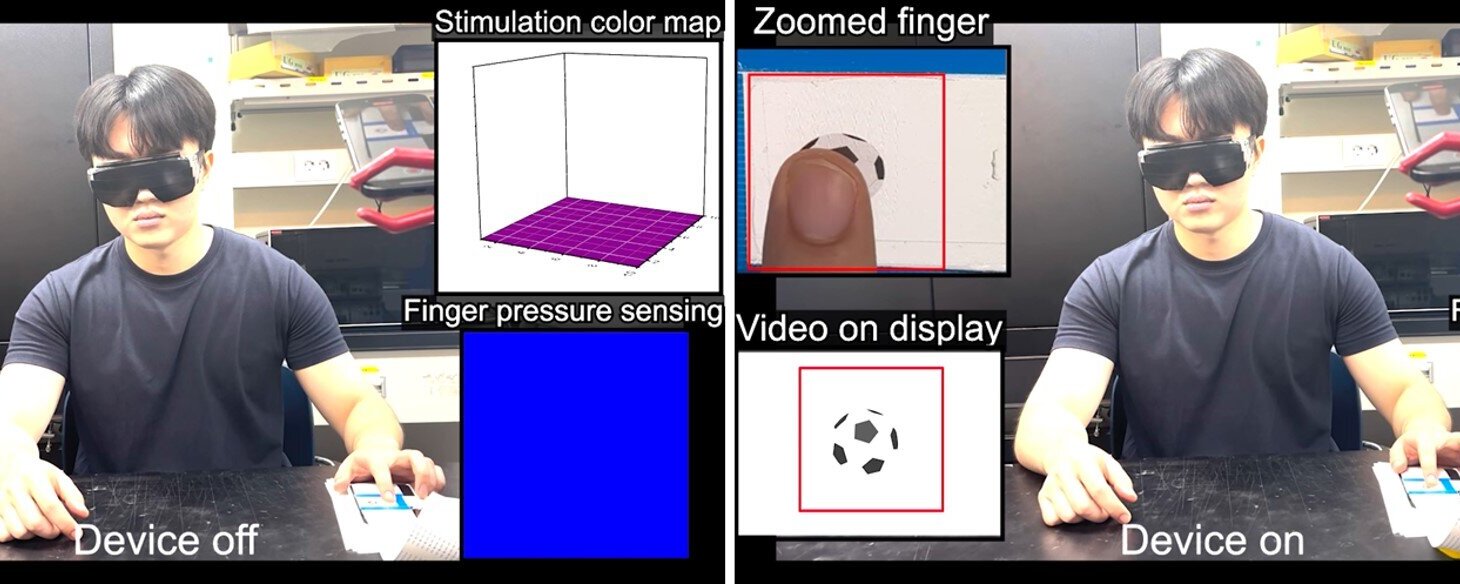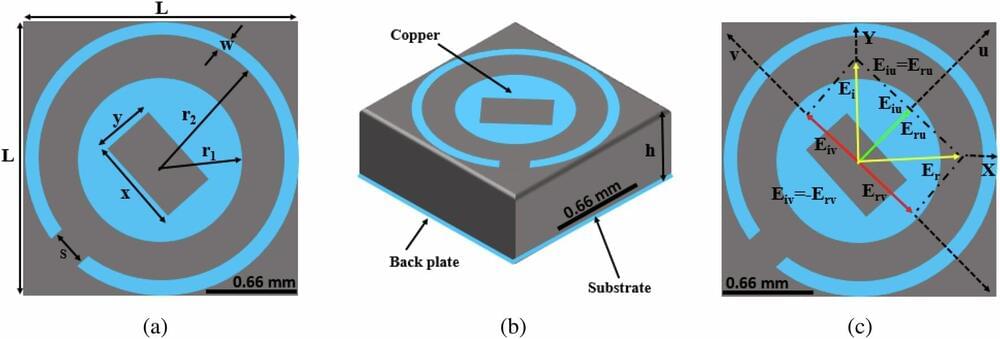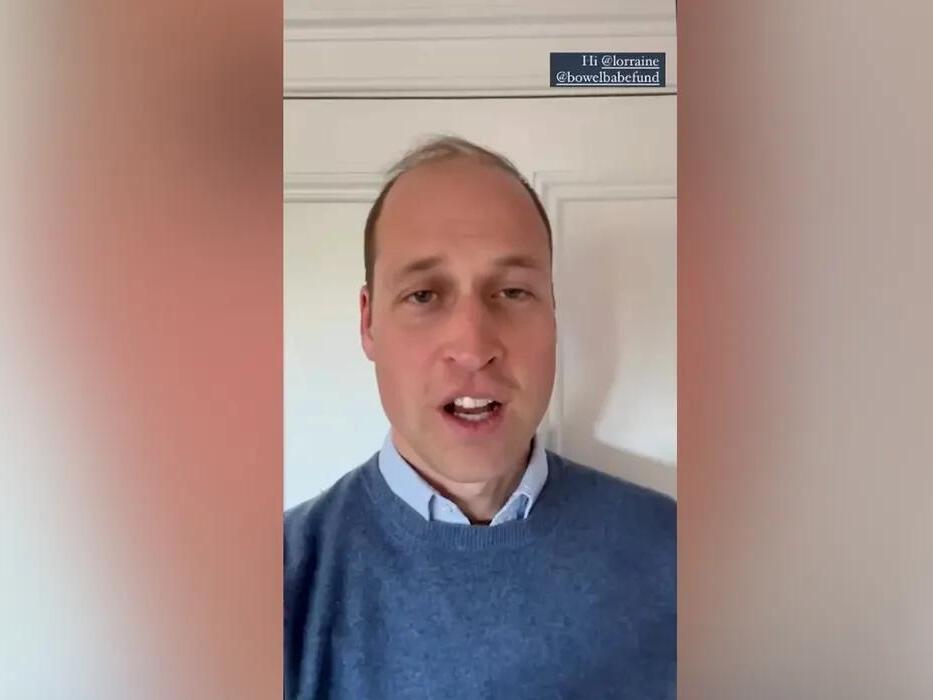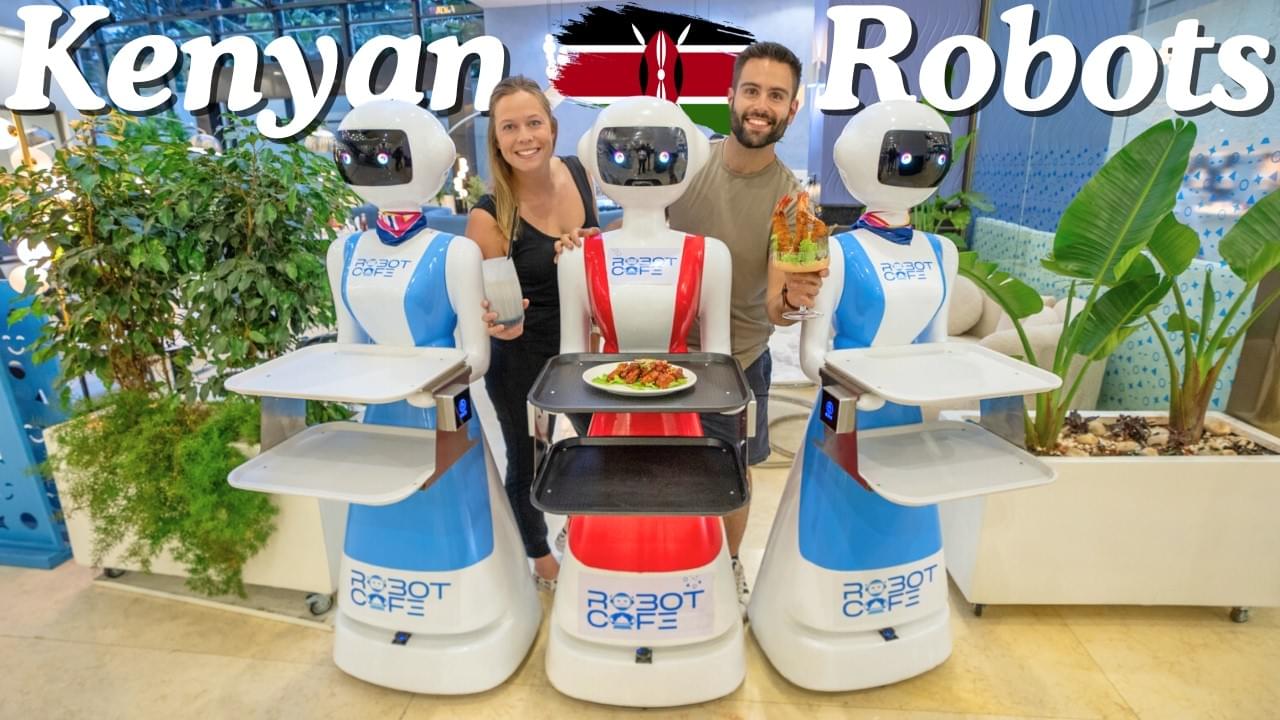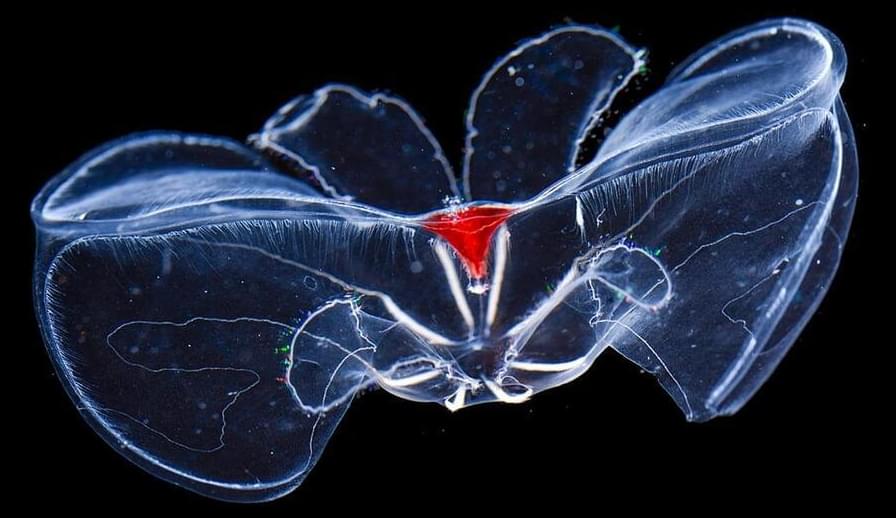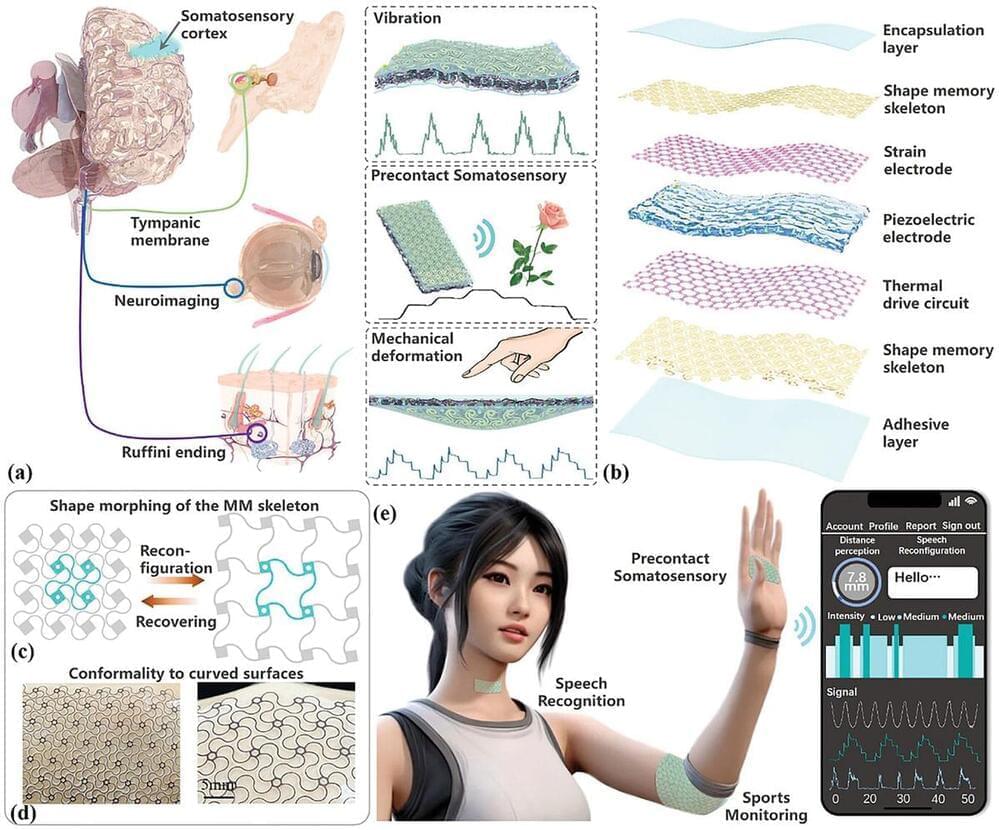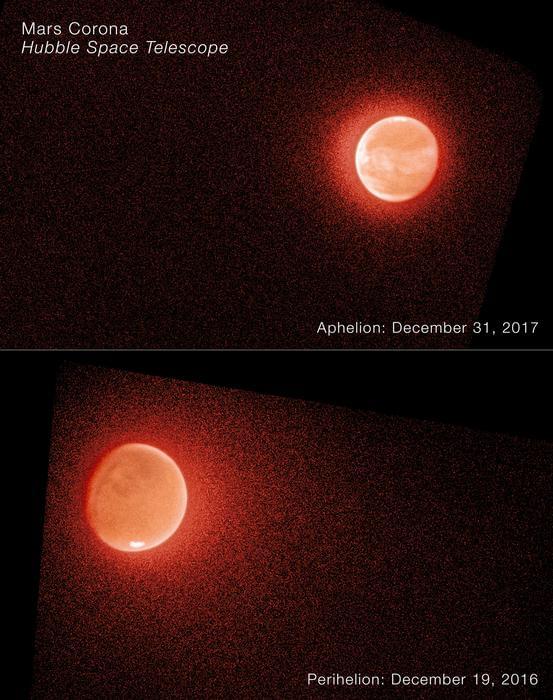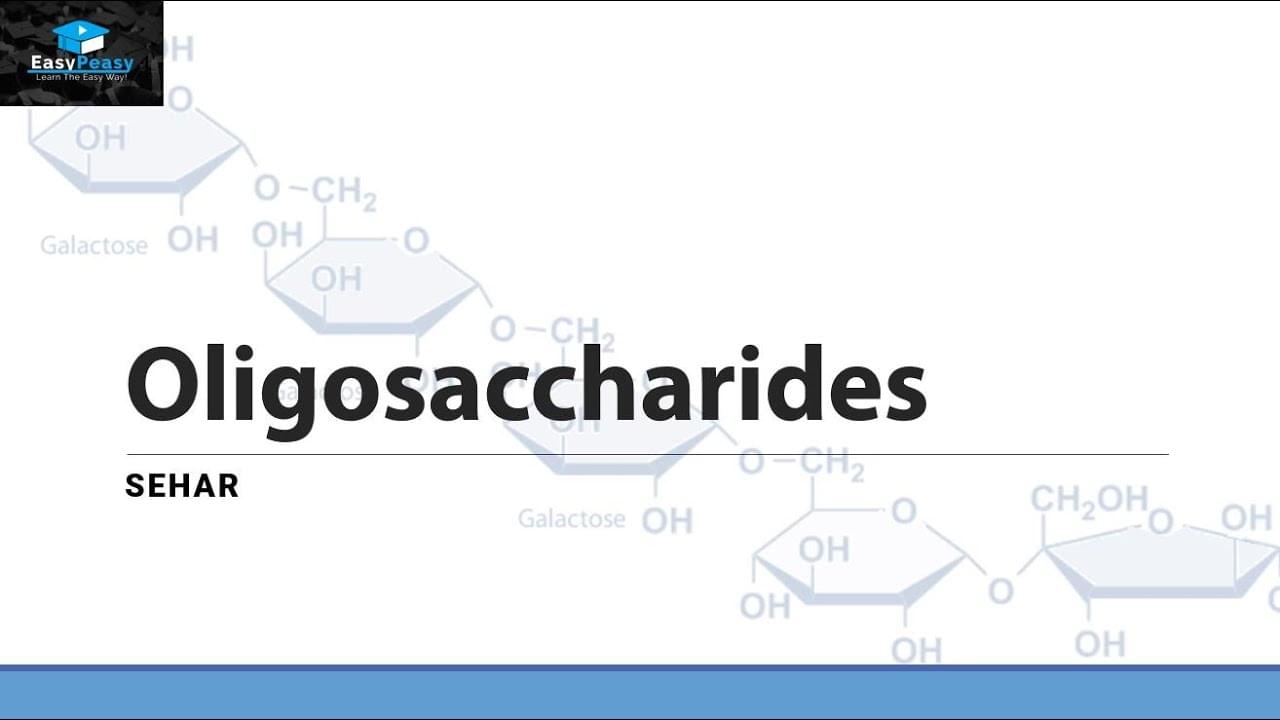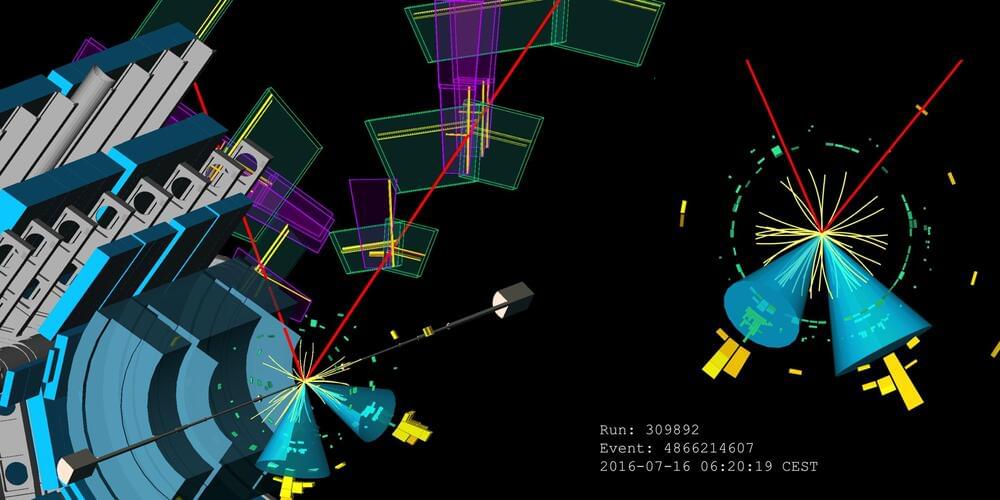A virtual haptic implementation technology that allows all users to experience the same tactile sensation has been developed. A research team led by Professor Park Jang-Ung from the Center for Nanomedicine within the Institute for Basic Science (IBS) and Professor Jung Hyun Ho from Severance Hospital’s Department of Neurosurgery has developed a technology that provides consistent tactile sensations on displays.
This research was conducted in collaboration with colleagues from Yonsei University Severance Hospital. It was published in Nature Communications on August 21, 2024.
Virtual haptic implementation technology, also known as tactile rendering technology, refers to the methods and systems that simulate the sense of touch in a virtual environment. This technology aims to create the sensation of physical contact with virtual objects, enabling users to feel textures, shapes, and forces as if they were interacting with real-world items, even though the objects are digital.
